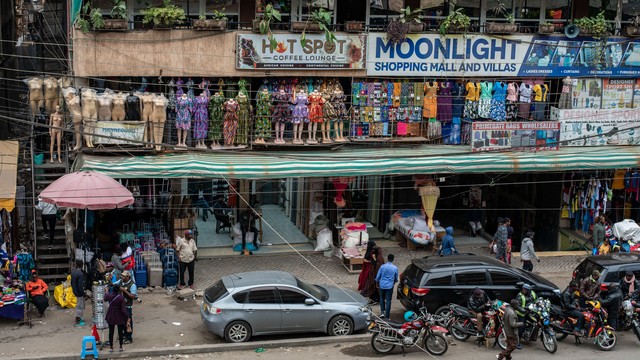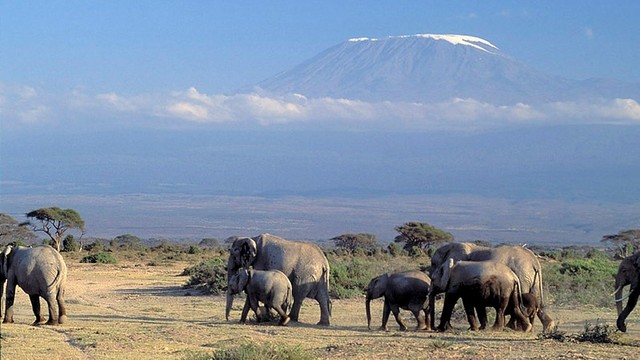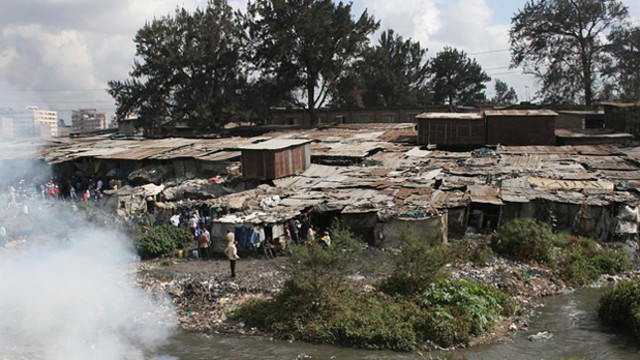Data justice for refugees: refugees in Jordan set out priorities for a better future
This community data initiative supported refugees to collect their own data. This allowed them to identify their communities’ collective priorities and aspirations, and gave them the evidence to advocate for policy change that secures their rights.

Participants from refugee communities participate in an arts-based mapping exercise to identify intersectional challenges faced by different refugee groups (Photo: project team/IIED)
Data that is collected about refugees has an impact on their capacity to live dignified, meaningful lives. However, it is often data about refugees, but not necessarily for them.
Whether collected by humanitarian agencies (as part of their programme delivery) or by governments (as a way of governing borders and controlling refugee mobility), this data directly influences how refugee needs are decided. It also affects what humanitarian support refugees are provided with (if any), and their resettlement trajectories.
It also affects refugees’ ability to exercise their rights, because data collected this way is directed by priorities and motivations very different from those of the refugees themselves.
However, there is evidence that community groups have been able to mobilise data for their own goals and aspirations. Examples are groups of urban poor living in informal settlements in India and Kenya, affordable housing advocacy groups in the United States, and data activism by Black communities in the US (for example ‘Data for Black Lives’). These movements have successfully harnessed data to advocate for greater accountability, transparency and liberation.
A vision for an alternative information economy
Community data initiatives owned and run by refugees are very much needed. These can enable refugees to assert their rights in places where they live, and to provide a basis for engagement and advocacy between refugee communities, humanitarian organisations and host governments.
The data justice for refugees pilot project aimed to support the collective action of refugees in Jordan through developing an information economy by and for refugees that directly responds to their advocacy goals.
Jordan hosts the second highest per capita number of refugees in the world. As of 2024 it hosts over 740,000 refugees and asylum seekers registered with UNHCR, 85% of whom have been displaced for 10 years or more. Yet the restrictions imposed on them and the lack of adequate programming mean they are unable to realise their potential or lead full, dignified lives.
What did IIED do?
IIED, along with partners The King Hussein Foundation’s Information and Research Centre, supported refugee researchers in Jordan to identify their communities’ priorities for collective advocacy and policy. This involved refugees of different nationalities, ages, genders, abilities and socio-economic statuses, including representatives from refugee-led organisations, who came together for six workshops.
Researchers developed a mapping exercise, using arts-based tools, to encourage an intersectional approach to data generation. Participants identified the specific priorities of particular groups of refugees, as well as collective priorities that cut across their differences.
A community feedback event then brought together over 50 participants from the initial workshops. The researchers shared their analysis and findings, and the participants then refined their collective priorities. The result is a set of advocacy and policy priorities identified by and with Jordan’s refugee communities.
Conclusions
The pilot project demonstrated the importance of community-led evidence generation in identifying the policy change that is most needed.
IIED, our partners, and researchers from refugee communities are committed to exploring how to use the initial mapping phase for effective grassroots advocacy in the future.
More broadly, we hope to develop communities of practice, through networks of refugee-led data initiatives, that support refugee advocacy for rights across Jordan and the wider region.





